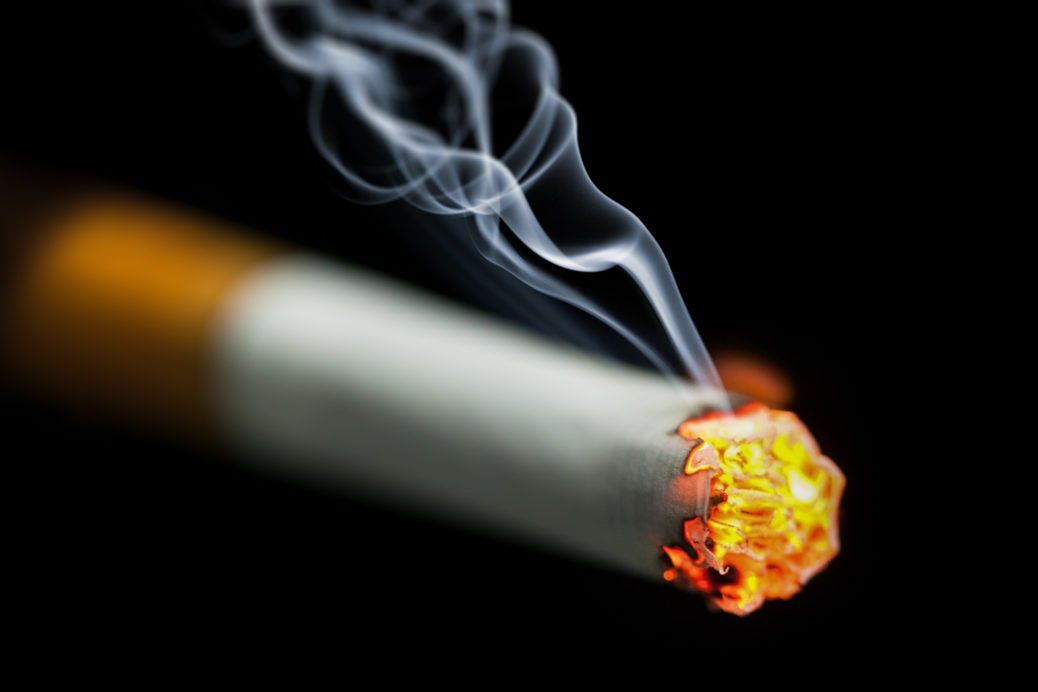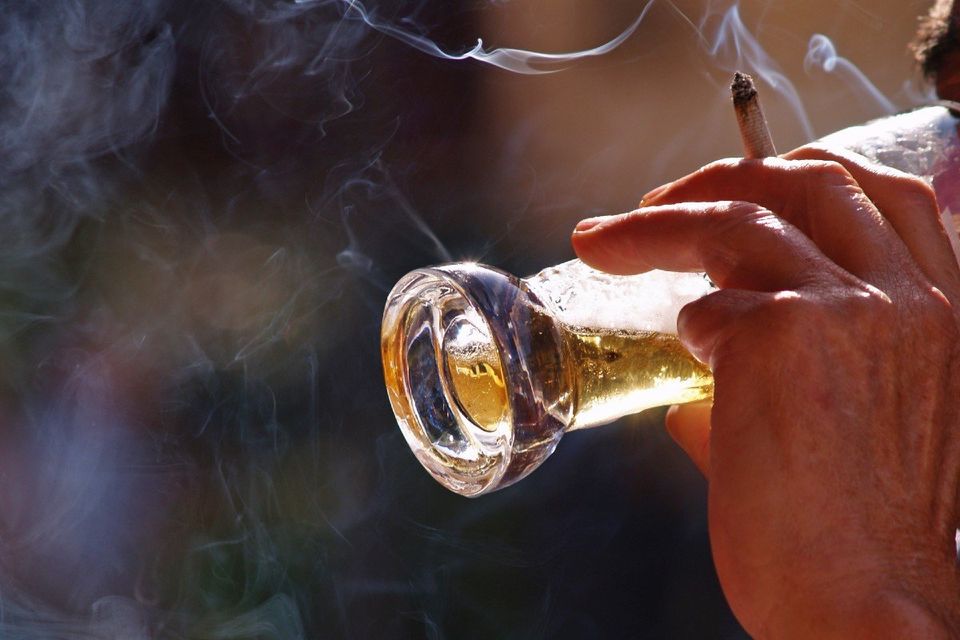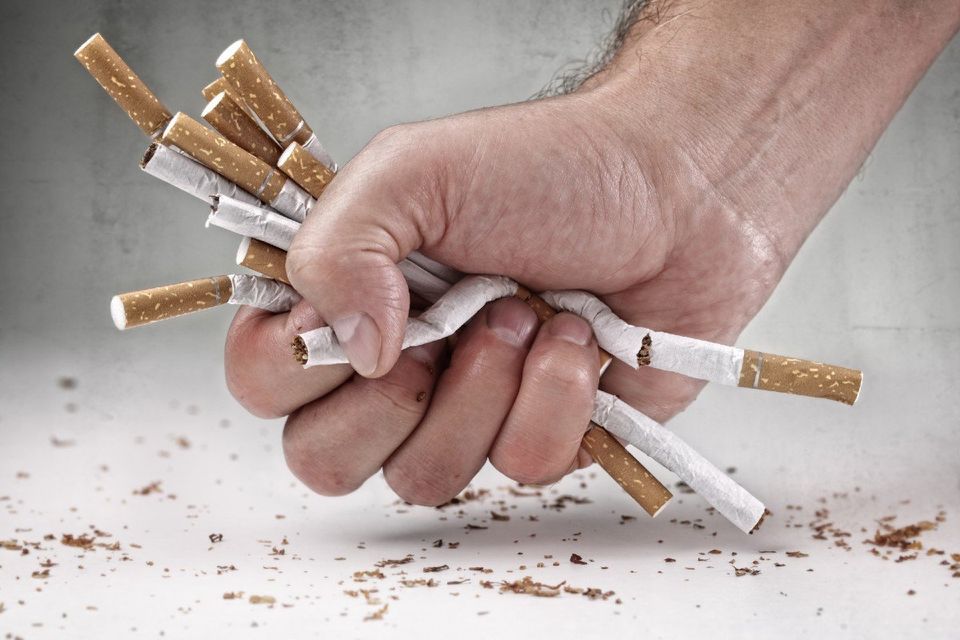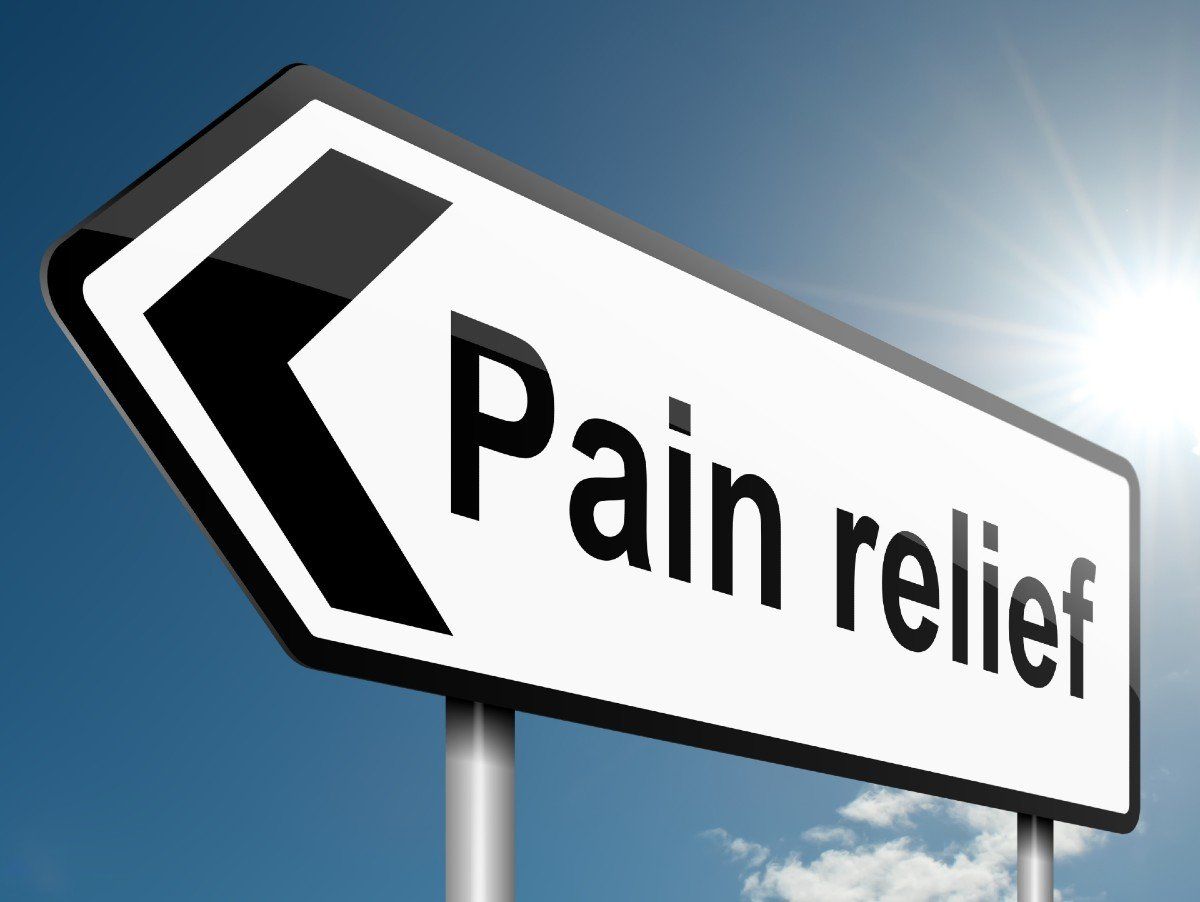Smoking and Dental Health
December 29, 2019
Does Smoking affect Dental Health?
Tobacco is used to deliver the highly addictive drug nicotine. It may be chewed, snuffed or smoked. In New Zealand it’s most common use is in cigarettes. Smoking.
The cold, hard facts
- In New Zealand 5000 people die each year from smoking, 4200-4700 from smoking themselves and the rest from second hand smoke exposure.
- Half of all long-term smokers will die from a smoking related disease.
- Long-term smokers who die from a smoking related disease, die 15 years earlier than non-smokers.
- One in four cancer deaths in New Zealand are caused by smoking.
- Children are three times more likely to smoke if their parents are smokers.
Smoking has a negative effect on nearly all of parts of the human body. The health problems it causes include:
- Lung disease (including 80% of lung cancers)
- Heart disease and heart attacks
- Strokes
- Poor pregnancy outcomes
- Infertility
- Impotence
- Blindness
- Diseases of the mouth and throat
Diseases of the mouth include oral cancer, periodontal disease, smoker’s melanosis, black hairy tongue, tooth abrasion and gum recession.
Smoking effects in the mouth
Smoking reduces the blood supply and oxygen to all areas of your mouth. This impairs the ability of the gums and supporting tissues to heal and to fight bacteria.
These bacteria include the ones causing gum disease (periodontal disease). Because of the decreased blood supply, smokers often have less redness or gum swelling. Smoking masks the warning signs and how severe gum disease really is. A smoker has 2-3 times more risk of gum disease than a non-smoker. The more you smoke and the longer you smoke the greater the risk. Smokers have deeper pockets, more gum recession and more bone loss. Smokers lose more teeth than non-smokers.
Smoking reduces healing after mouth surgery including tooth extractions and gum therapy. Post treatment complications are much more likely.
Smoking stains teeth, fillings and dentures. It causes bad breath and loss of taste.
In patients requiring dental implant treatment, smoking decreases the success rate by 20%.
Smoking is one of the main risk factors for mouth, throat and oesophageal cancers. When compared to non-smokers:
- People who smoke less than 15 cigarettes per day are 5.3 times more likely to get mouth cancer.
- People who smoke more than 25 cigarettes per day are 14.3 times more likely to get mouth cancer.
- When combining smoking with alcohol use, mouth cancer risk jumps even higher. Heavy alcohol and cigarette users have a 38 fold increase in developing mouth cancer.
The good news
There is a relationship between the number of cigarettes smoked, the length of time you have been smoking and the risks of and gum disease and mouth cancer. The more you smoke the greater the risk of disease but the less you smoke the less the risk. You can prevent further damage and stop the progress of the gum disease by quitting smoking. After quitting smoking, the risk of mouth cancer reduces immediately.
Don’t smoke. If you do smoke, the less you smoke the better. Better still, quit.
Quitting smoking
It is hard work, but you can quit smoking! Help to stop smoking may be found at the following websites:
Remember, nicotine in cigarettes is powerfully addictive. Quitting usually takes two or more attempts. If you don’t make it first time, be prepared try again.
Wellington CBD Location
© 2025
Discover Dental
Contact
04 472 3510






